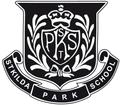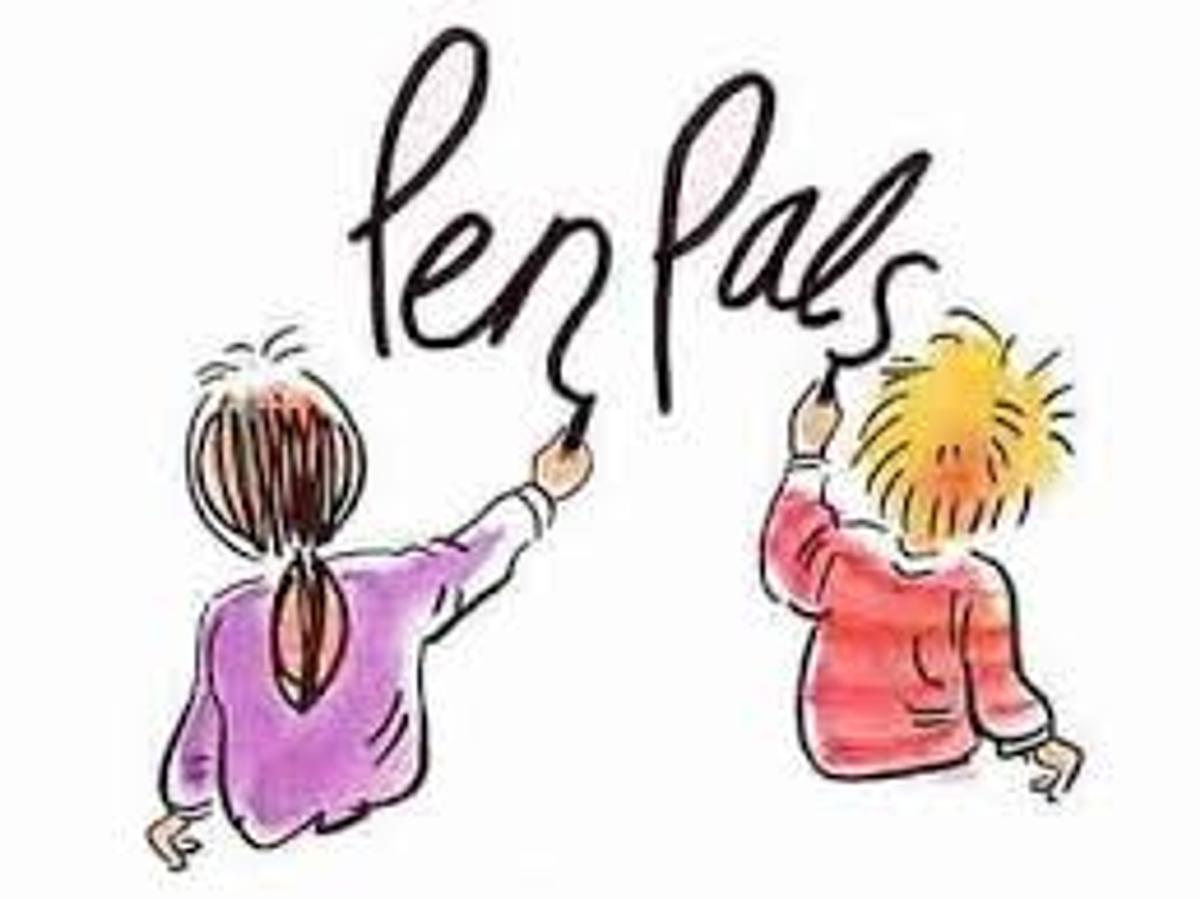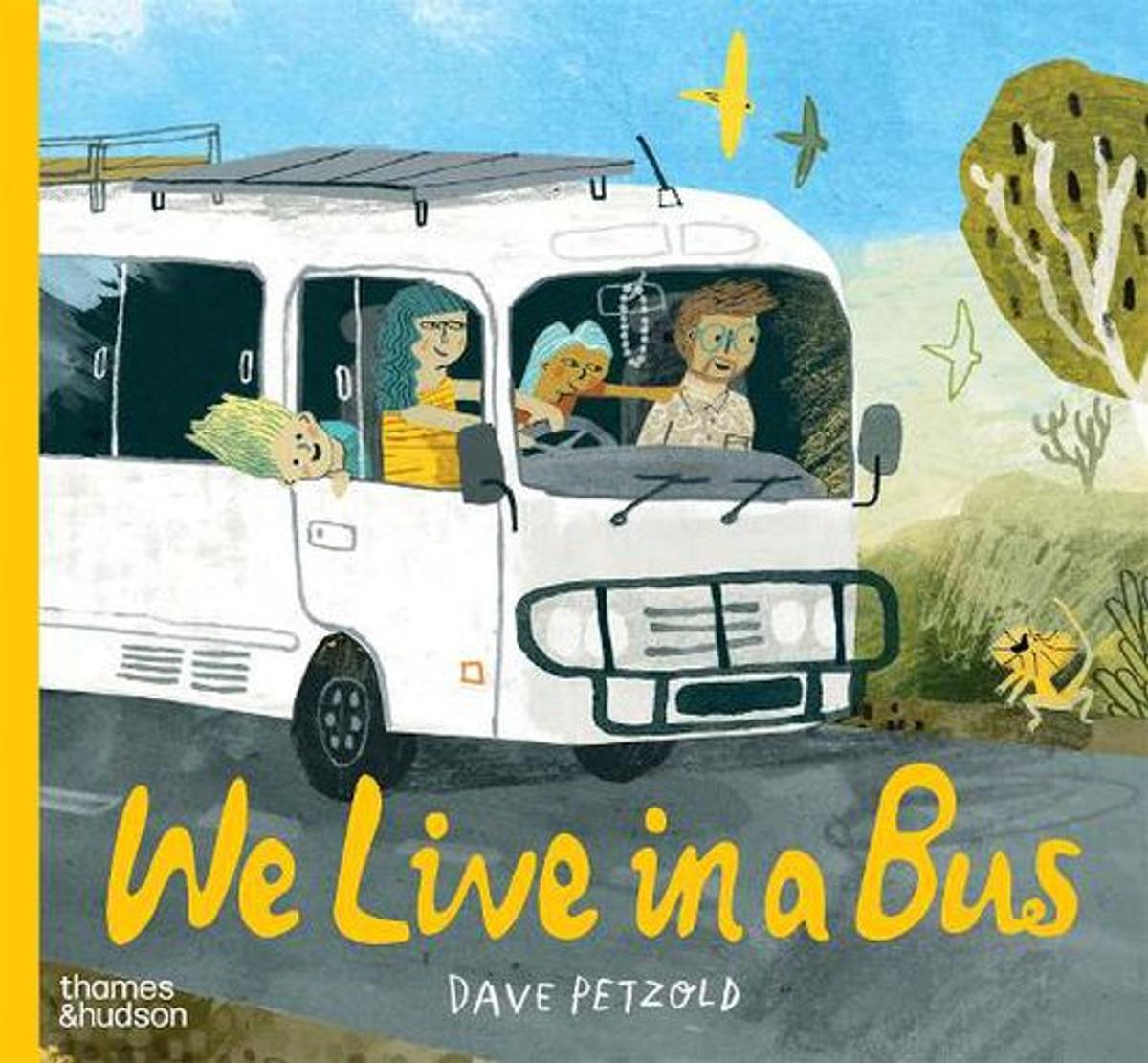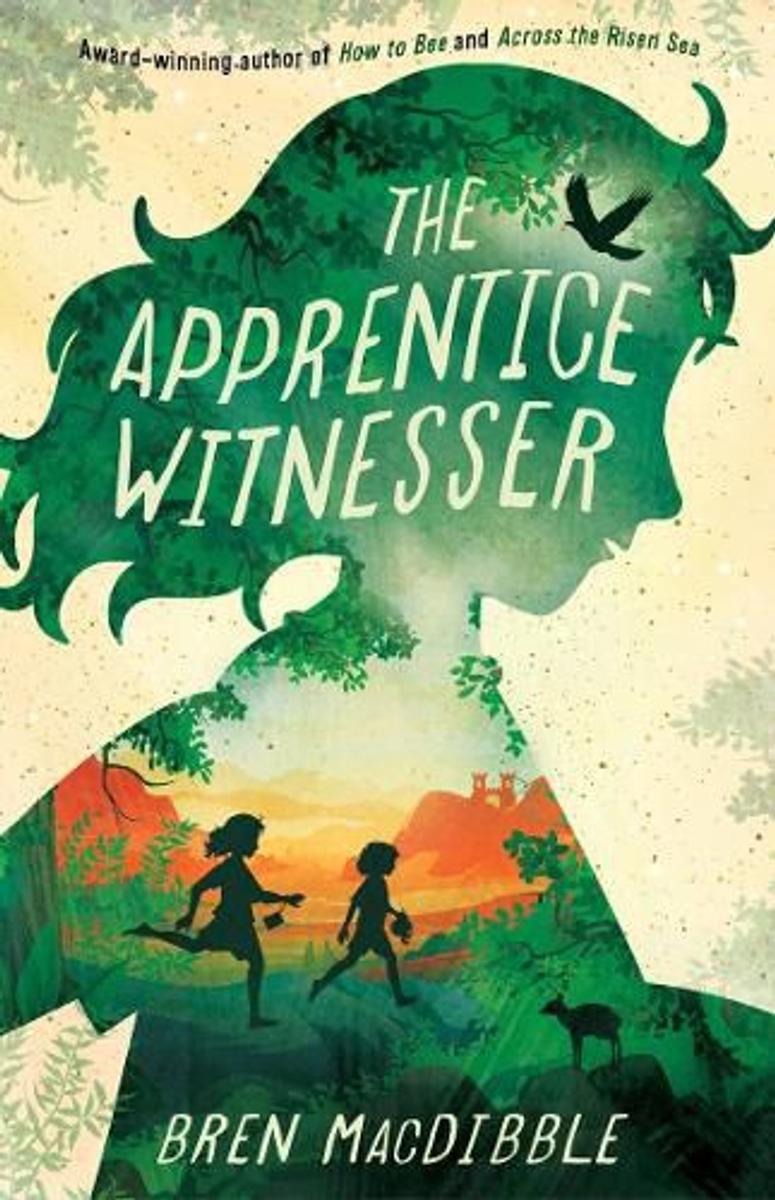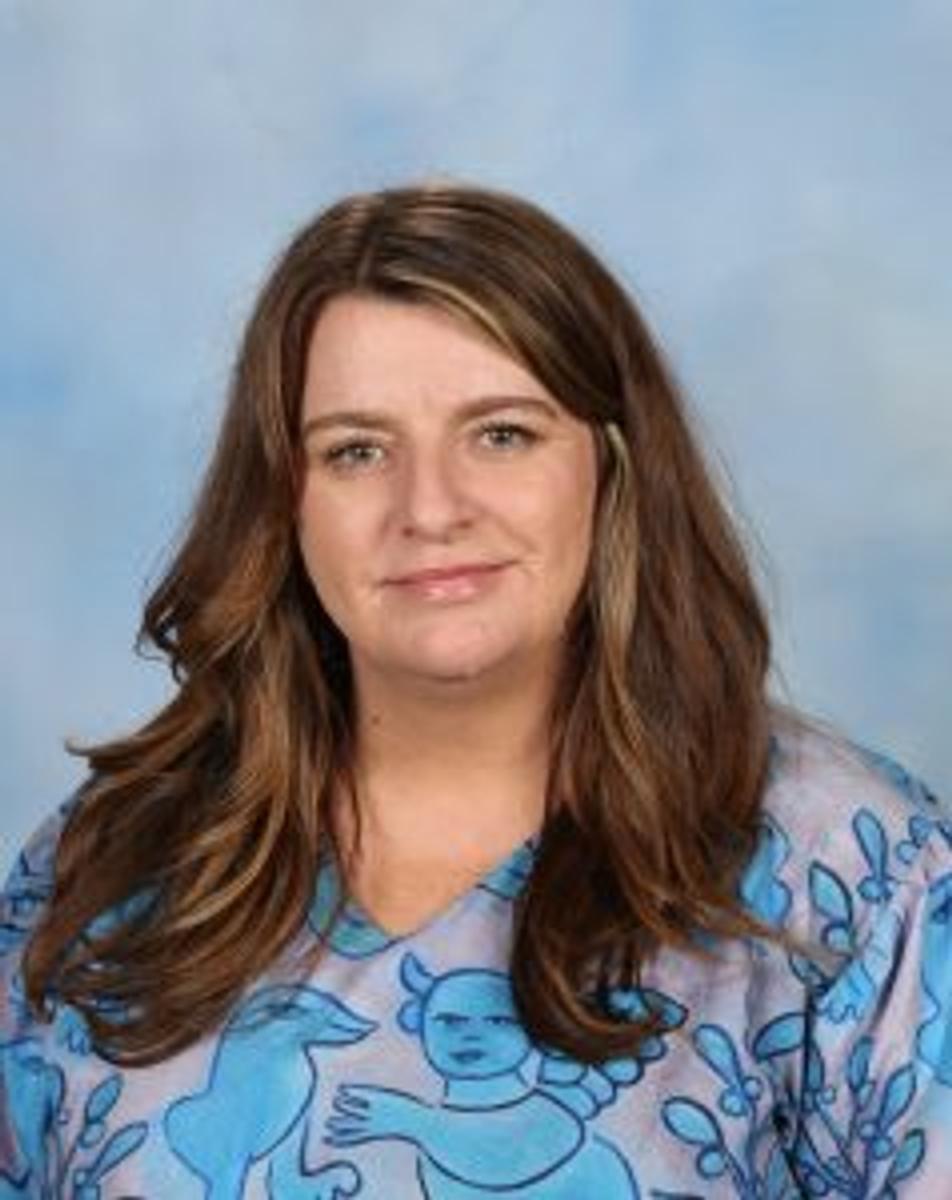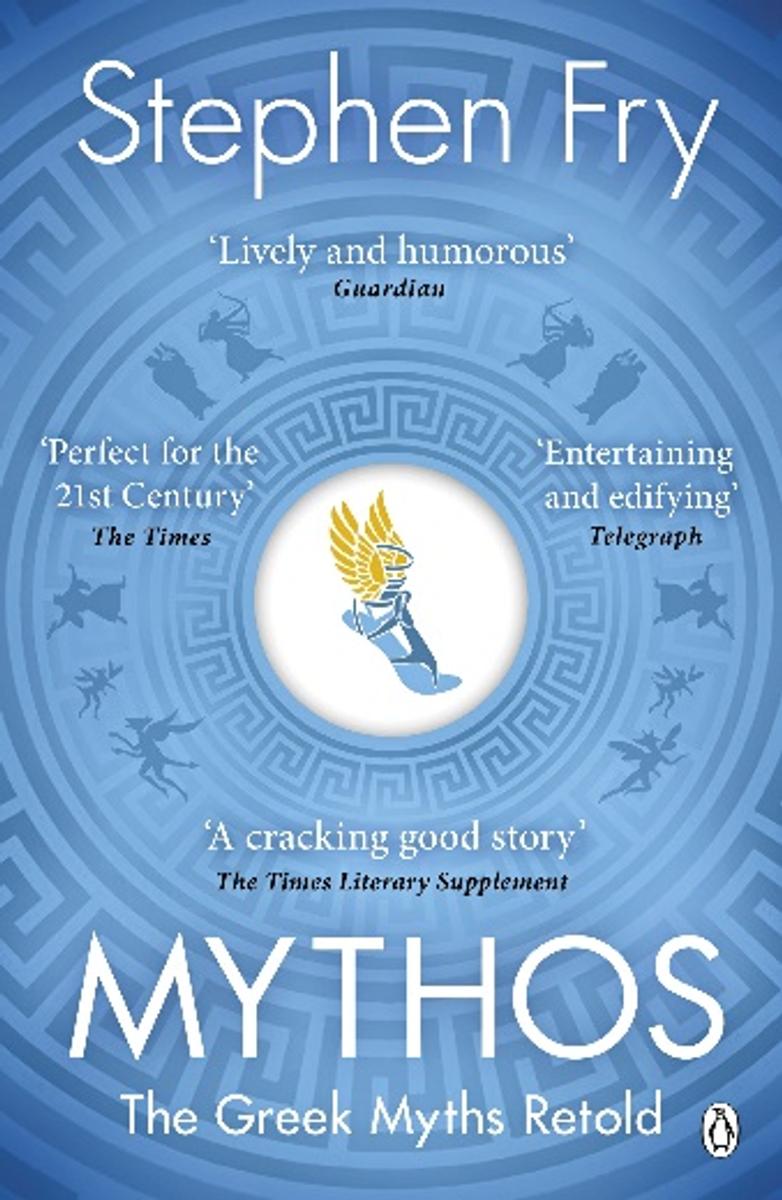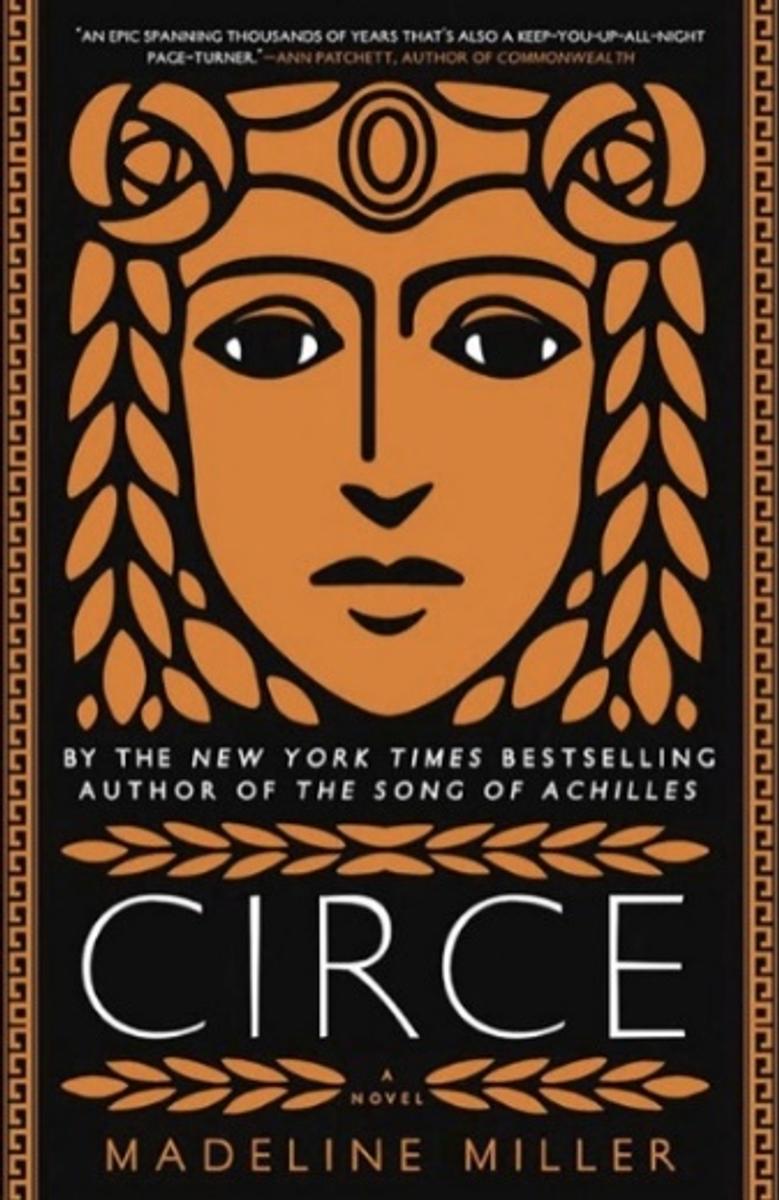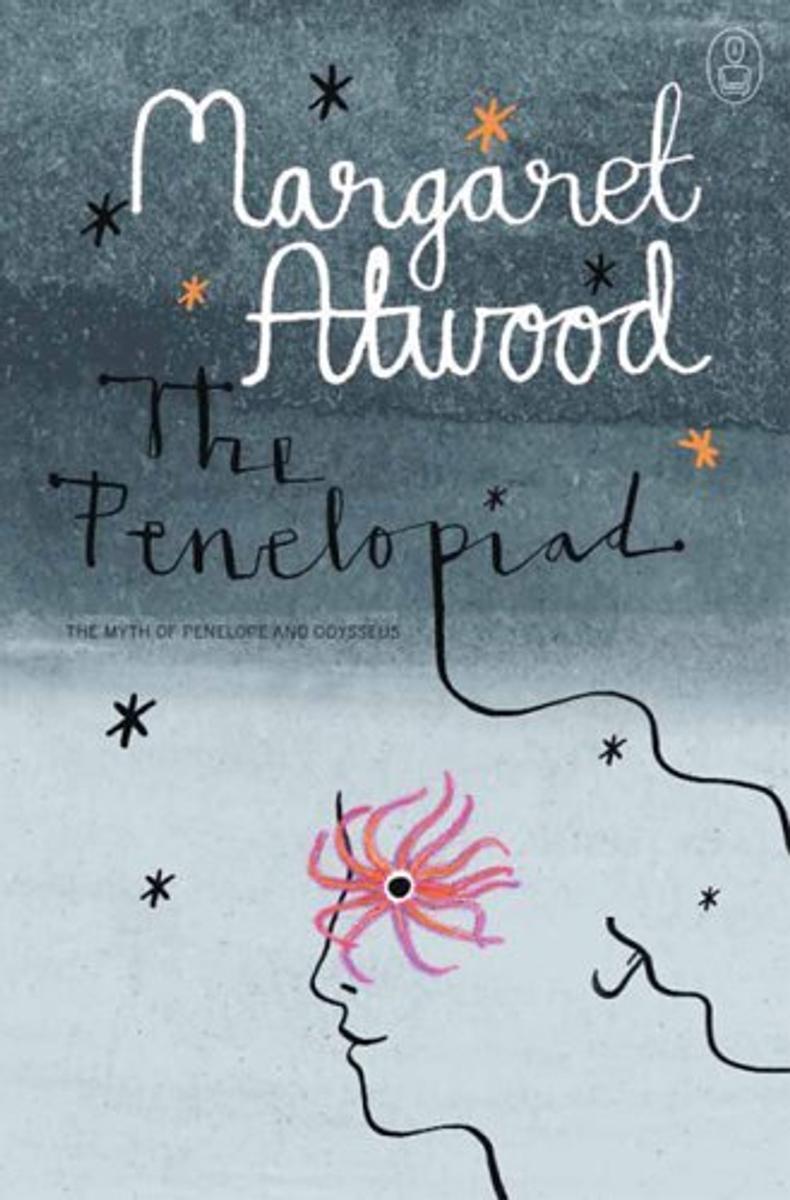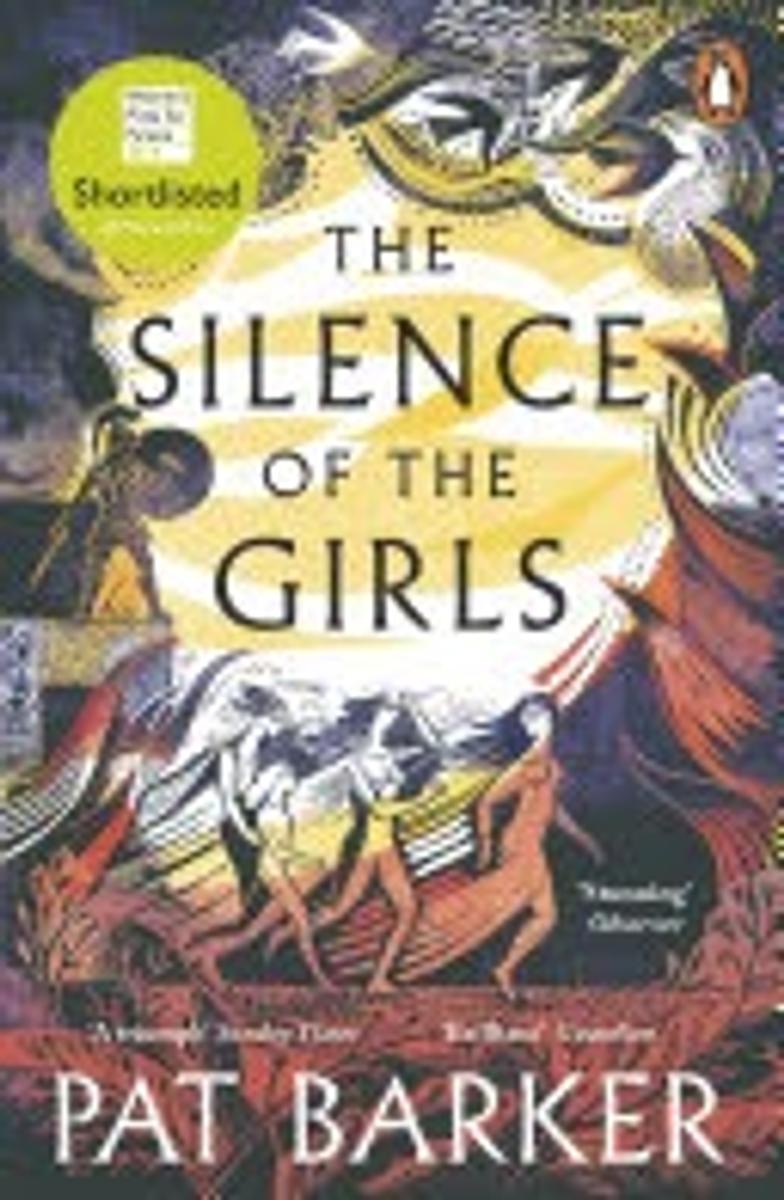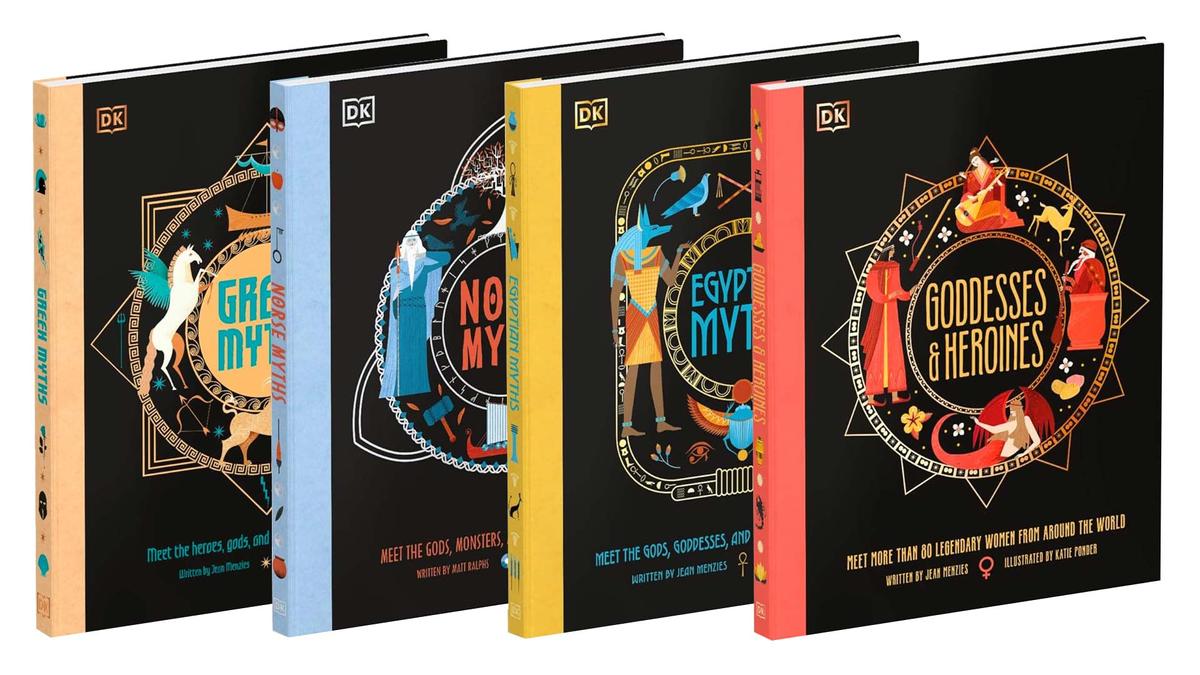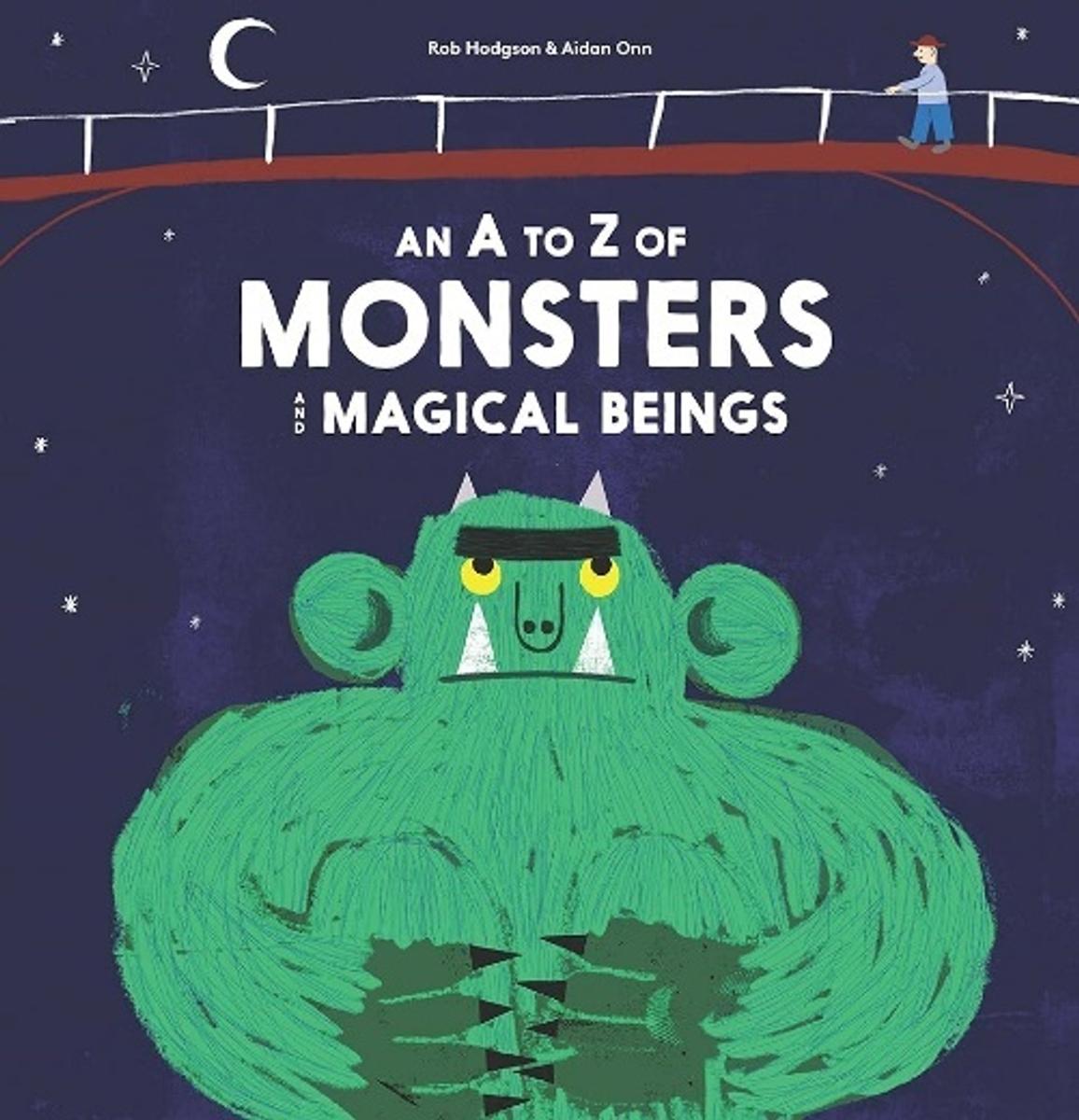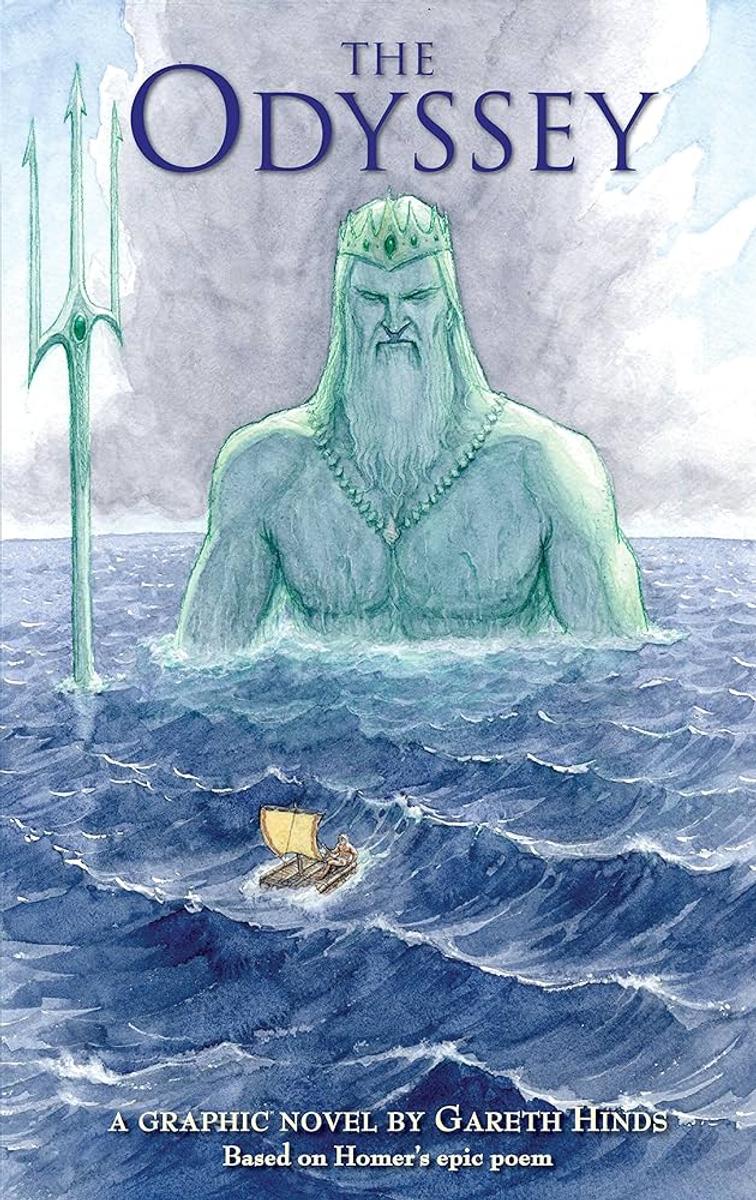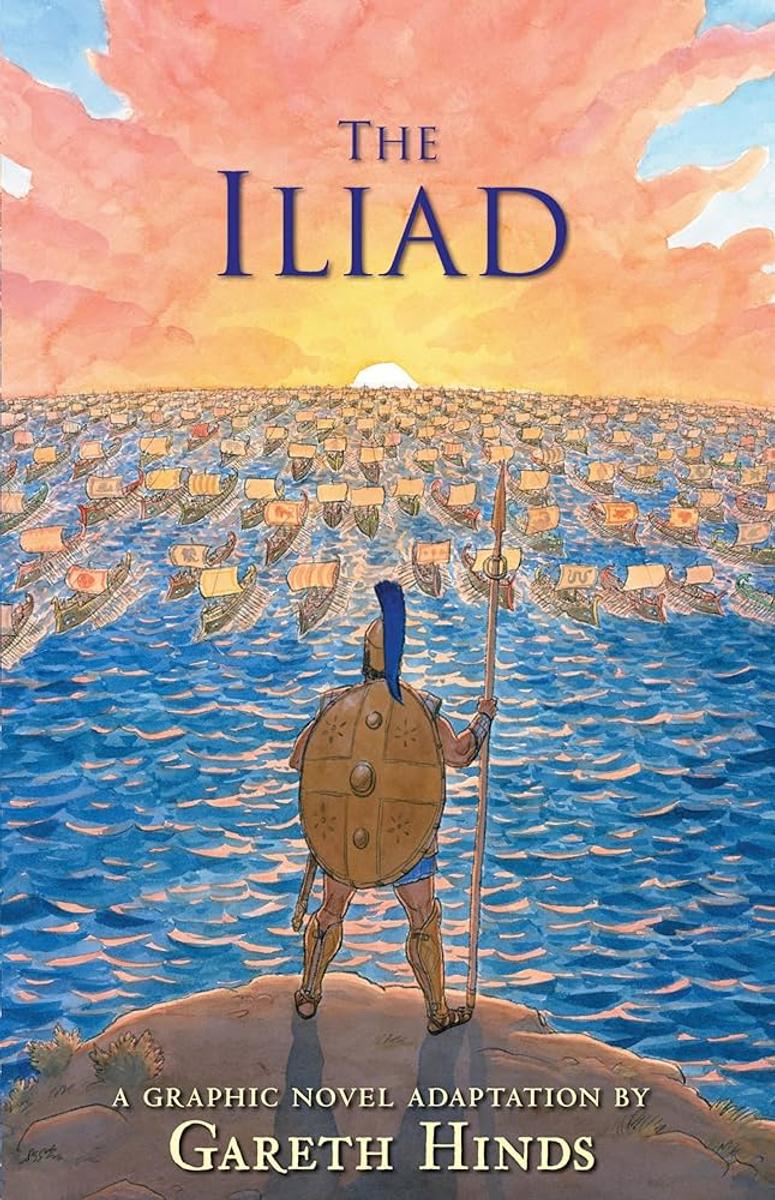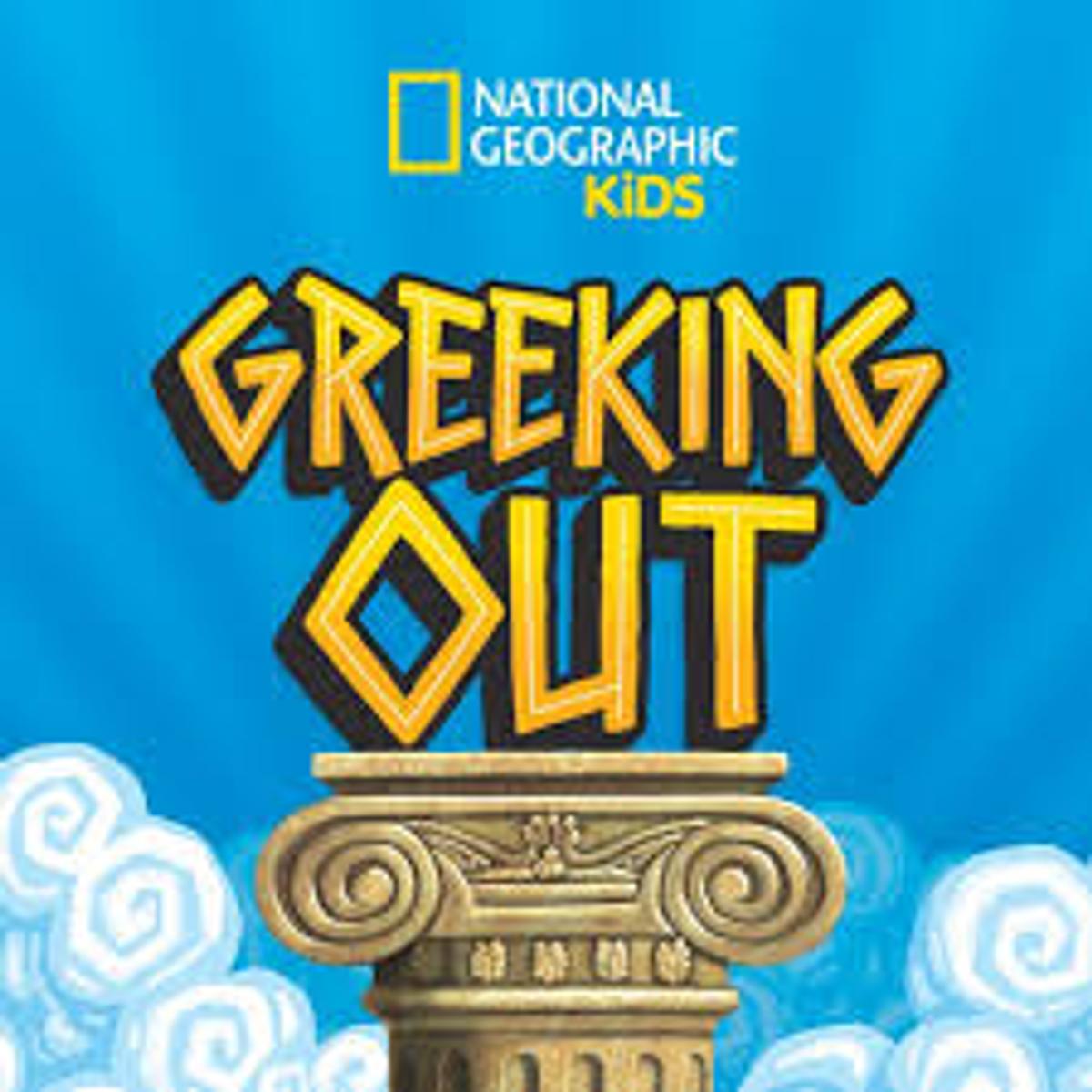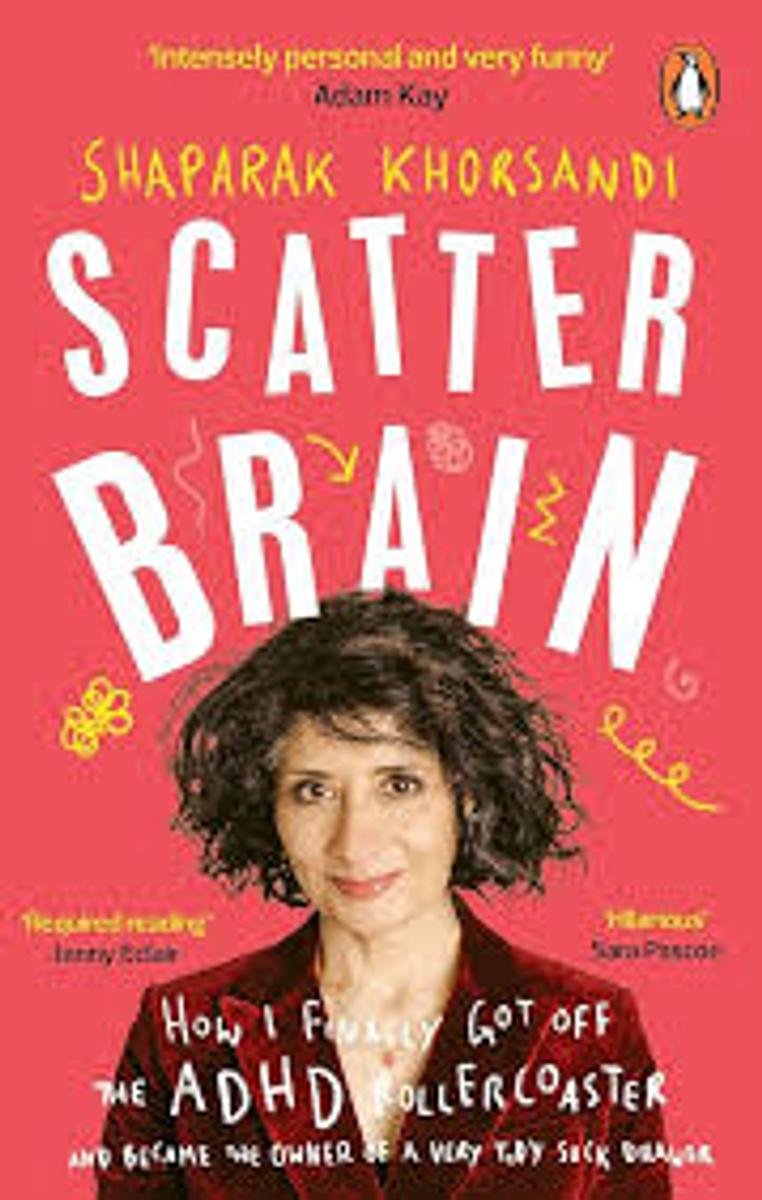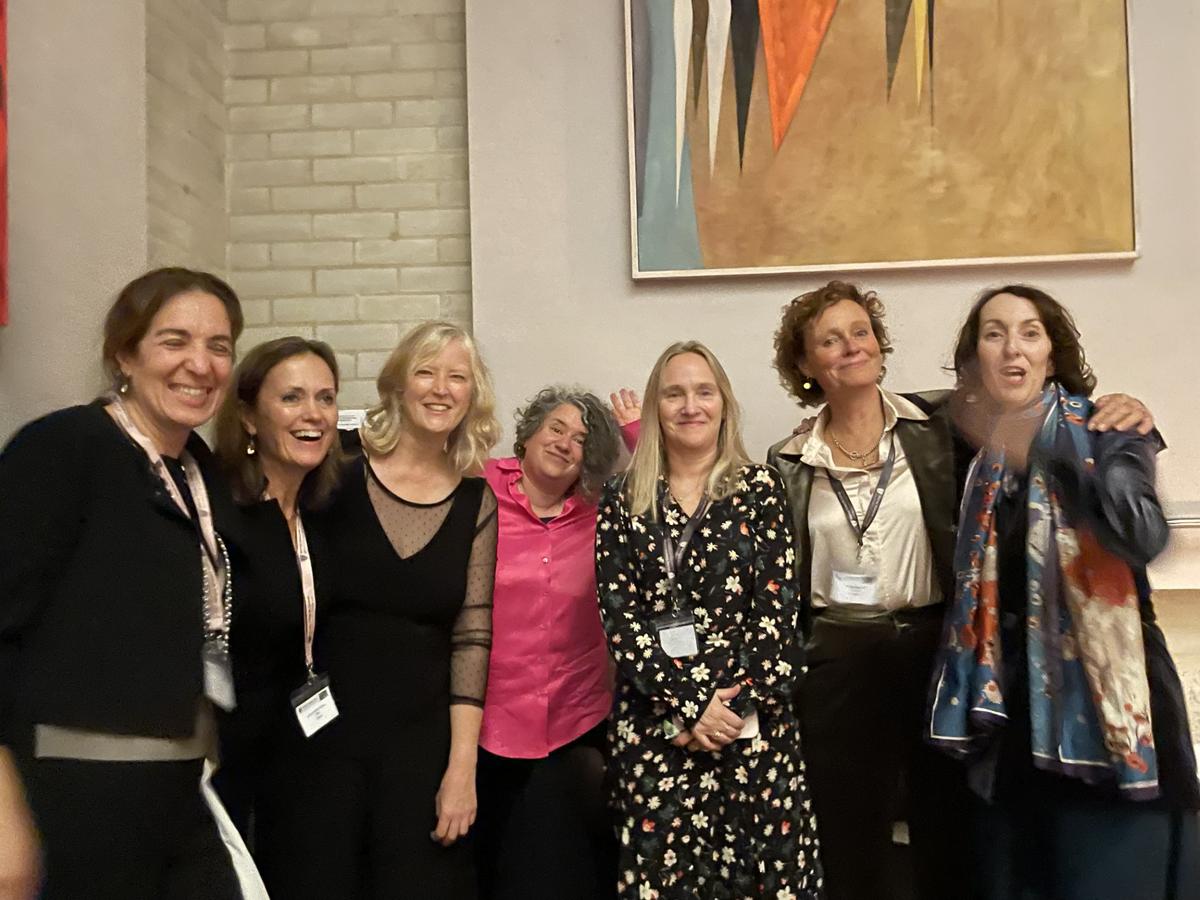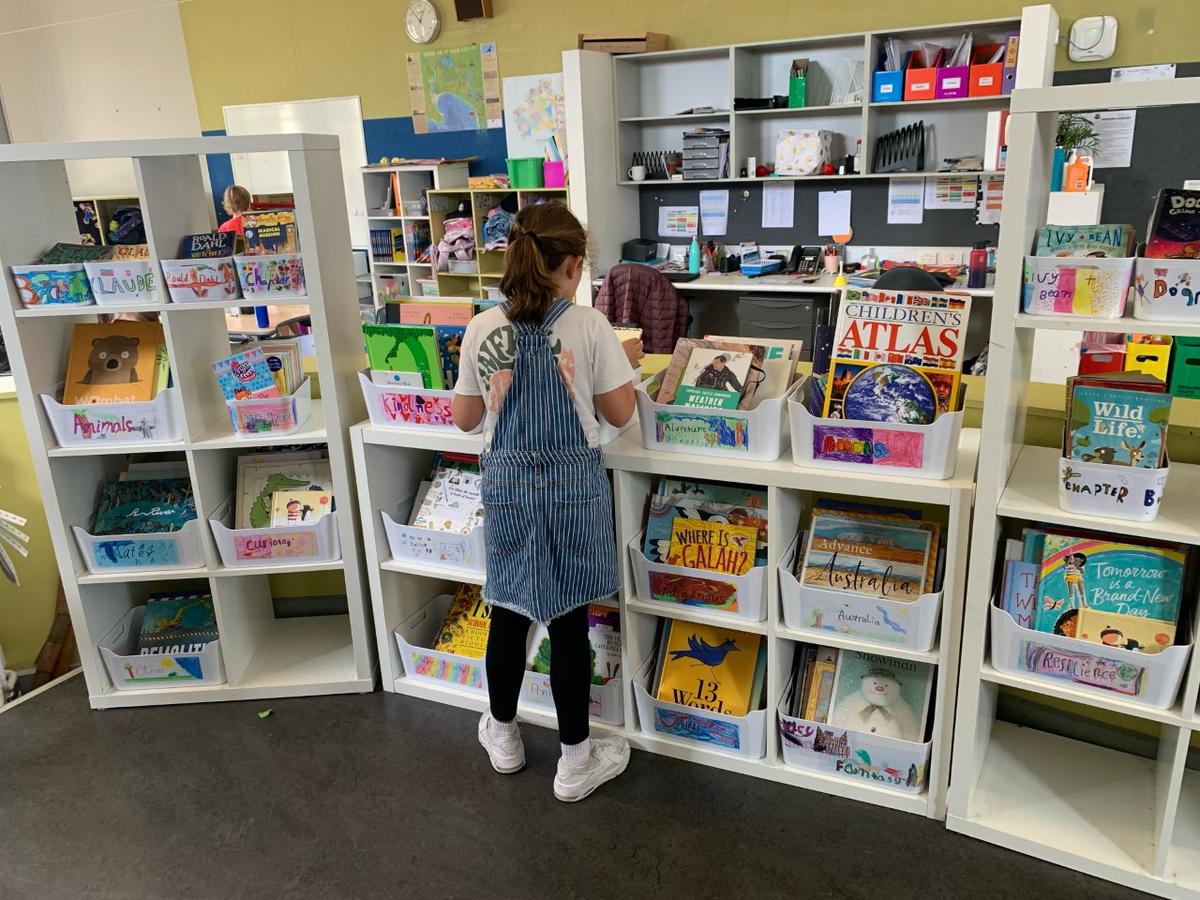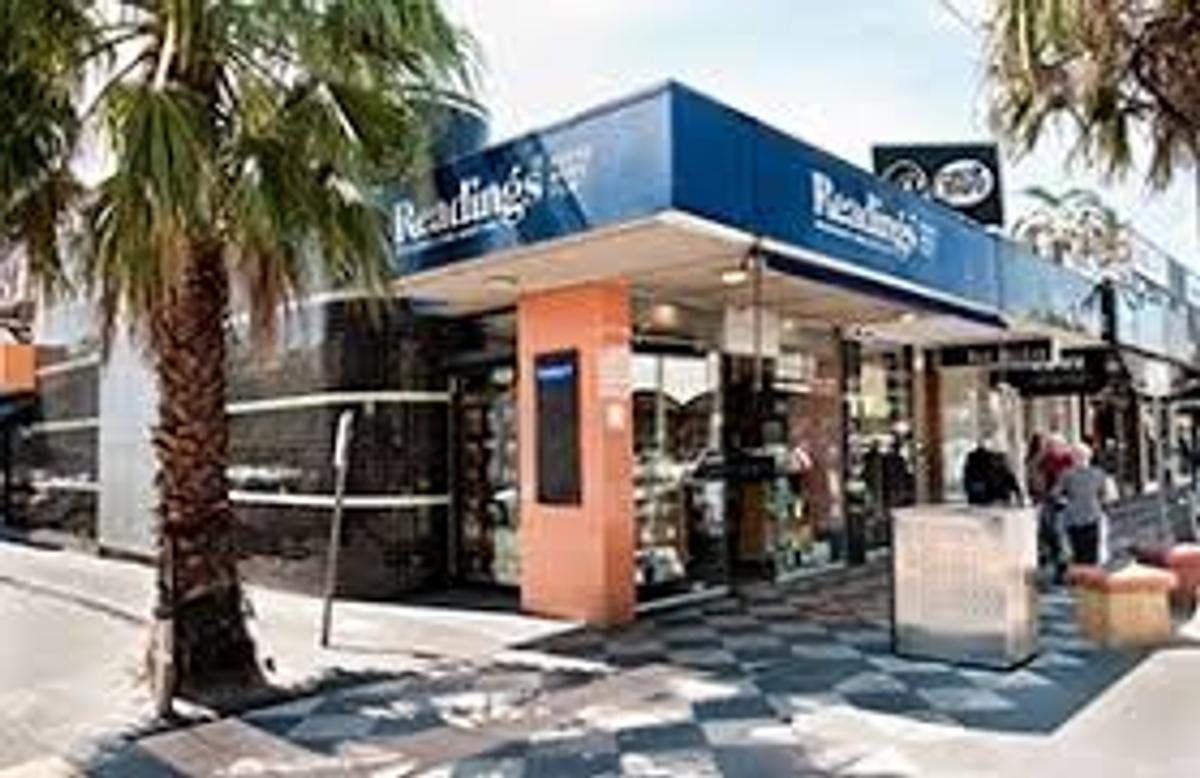Literacy Update

Pen Pals at Scared Heart
We are waiting to receive our letters from Sacred Heart Community. If students would like to start writing new letters, I am happy to start collecting. I was thinking it would be nice to start creating and making some Christmas Cards for the residents with a short note/letter included. Knowing that the aim of these is to bring a smile, I feel that spreading some Christmas cheer could go a long way.
Please talk to your children about the positive impact these letters are having on the Sacred Heart Community residents and encourage them to pen a short letter about themselves or their year.
If you do not have an allocated Pen Pal, then please address your letter 'Dear Pen Pal'.
Book Reviews
Picture Story Book : We Live in a Bus by Dave Petzold
This book has a similarity to Allison Lester's popular story, "Are We There Yet'. It is a story of a family travelling on a road trip around Australia and reminds are to be aware and mindful of the small and large natural wonders around us. Basking in the joy of being outside and together with family. A great story for the family to share and one that can be reread and enjoyed many times over.
Middle Fiction : The Apprentice Witnesser by Bren MacDibble
To be honest, I have not read this book but I have thoroughly enjoyed Bren's previous books particularly How to Bee which many of our Year 5/6 students have read. This review is courtesy of Readings.
Bastienne Scull is a young orphan who lives with the local Witnesser of Miracles, Lodyma Darsey, who investigates 'miraculous events' and spins them into stories she tells at the night markets. One day, two young boys arrive in town asking Lodyma to go on a mysterious mission to a monastery. And when Lodyma and Bastienne arrive, what they discover will change their lives.
If any students have read a book that they would like to review for me, please encourage them to come and talk to me at school.
Mythology Book Recommendations from Chantel Jose
If last week’s Celebration of the Arts inspired you to dive deeper into mythology, here are some books I've explored while researching the topic for art ideas that you might enjoy:
For Adults
Mythos by Stephen Fry is a fantastic start. This book kicks off his series retelling myths in a way that’s both entertaining and insightful. Following Mythos are Heroes, Troy, and Odyssey. I appreciate Fry’s unique writing style and sense of humour. Even though it’s filled with footnotes and a tonne of information, I have loved dipping in and out of the stories alongside my other reading.
In Circe, we meet a minor goddess of magic and daughter of Helios, the sun god. This book focuses on Circe’s journey, exploring her mistakes and moments of reflection. It’s a powerful story of resilience. I didn’t know a lot about Circe as she is quite a minor god in Greek mythology however there are familiar characters in this story like Athena and Hermes.
As a fan of Margaret Atwood (The Handmaid’s Tale), I had The Penelopiad in my ‘to read’ pile for a while. This retelling of Penelope’s story—the wife of Odysseus and cousin of Helen of Troy—offers a different perspective to the well-known story. It’s a short read (just over 200 pages) with a mixture of narrative and poetry retelling her life on earth with interjecting sections from the point of view of the 12 maids from the myth The Odyssey.
Currently, I’m enjoying Silence of the Girls by Pat Barker, which is set during the final years of the Trojan War. The narrative is gripping, the descriptions of the fighting and war less heroic than the usual versions and sheds a light on the cost of war to women.
For Kids
In the Art room, we’ve gathered a selection of mythology books for kids to inspire their Art projects. Here are a few highlights:
DK has a beautiful series of illustrated books that explore myths from various cultures, including Egyptian, Norse, and Greek. These books are both visually stunning and informative.
Although not strictly myths, A to Z of Monsters and Magical Beings has been a favourite among the kids, in particular the Foundation and Year 1/2s. They love reading about the fantastical creatures! My favourite is the banchee.
Carrie also recommended some graphic novels by Gareth Hinds, perfect for older students looking for engaging stories.
Lastly, Jasper in Year 4 suggested the podcast Greeking Out. It’s a fun way to explore Greek myths and makes learning about them entertaining!
Parent Book Review
Scatter Brain: How I finally got off the ADHD rollercoaster and became the owner of a very tidy sock drawer, by Shaparak Khorsandi
By Claire O’Boyle, parent of Sorcha (G5)
Scatter Brain: How I Finally got Off the ADHD Rollercoaster and Became the Owner of a Very Tidy Sock Drawer, by Shaparak Khorsandi
The book I’m reviewing came to my attention after I was recently nudged in it’s general direction because of a series of chance meetings with old friends. It has been a surprising tonic of a read and I’ll do my best to share why. Broadly it’s helped me to understand how life choices are shaped by an ADHD brain. Full disclosure though, I haven’t got to the end yet! But I do understand a lot more now about melt-downs.
As the author says ‘ some brains, through no fault of their own, pack a bag, turn the lights out and run away to the seaside the moment they are meant to be doing homework, paying bills or not putting the cat in the fridge. These are ADHD brains. I have one and I believe they are as common as being left handed, flat footed or genuinely enjoying anchovies on a pizza.’
I’m sharing a check-list list of a few of my own seaside tendencies :
⁃ have left the bath running until it seeps under the front door, while doing an online order that needs to be finished and isn’t working out as smoothly as it should.
⁃ often leave teabags steeping in cups for more than an hour
⁃ have sometimes forgotten to collect our child
⁃ sees piled up boxes of my belongings that need unpacking, and immediately run away up the street
⁃ watch the news and can’t concentrate on anything else for the rest of the day
⁃ organise one off events with minute attention to detail. Then mentally collapse for 3 days.
⁃ know all the lyrics to at least three musicals from the 80’s, but can’t remember my partner’s phone number
I recently attended the 70th anniversary Ball of my old college. My partner and I met friends I had studied alongside 34 years ago. We had all graduated before the dawning of social media, and because later I worked as a secondary school teacher, I had kept a very low online profile and this habit endured. During a big recession I had moved on from the subject I thought I would be focusing on for my career, and assumed (wrongly) that my college peers were all invested seriously in their work, and we had all ‘moved on’ so I had not stayed in contact. It was a joy to meet again and know we are each, amongst other things, hard working parents and once more connected. Many of these friends have fully formed careers. We enjoyed a public talk shared by peers and a group of friends who are by now a famous actor, a famous tv presenter and comedian and a famous script-writer. These three had supported each other since the start of college life (and still do). We enjoyed a
piano recital by another alumnae, a prodigiously gifted composer. This moment was an unexpected reminder of the endurance of friendship. Over breakfast, my good friend with whom i’d studied architecture started to joke about the times she’d had to wait for me (because i’d lost track of time) and how we’d stay up late designing and making things then go out dancing and then in the morning I didn’t open my door, for maybe 2 days. (before- mobile phones. As our daughter says: so ancient Mum!) My partner was nudging me. Over shots of coffee I listened carefully to a time-warp of awkward recollections. My friend’s 16 year old daughter is neurodiverse and my friend said to me ‘she does things you used to do!’
Scatter Brain is an autobiography written by a comedian I admire and have seen at Comedy festivals, Shaparak Khorsandi. This is her fourth book. I recommend this read because she is so impressively honest about the seismic, dystopian, frustrating impact that undiagnosed ADHD (attention deficit hyperactivity disorder) has had on her life. In 1979, as a 6 year old Shaparak had fled to the UK from Iran with her immediate family, escaping from the Iranian Revolution as her Dad was a poet and satirist and in danger.. Here she is thinking of the massive pre-occupying contrast between her Mum and herself while parenting.
‘My folks were raising two young children in exile while their family in Iran were plunged into a war with Iraq. My mother would be thinking, I wonder if my family survived last night’s air raid as she got us ready for school while today I might think I wonder if they got my joke on the class WhatsApp group? It only got two laugh emojis.’
Because Shaparak is also a celebrity whose funny stand up routines over the years make her so relatable I have been immersed in her story because it is so wittily, (and painfully) and honestly delivered; she has a formidable memory. There is a lot in the book about how she survived her years at a comprehensive school that didn’t try to support her, a ‘loveless’ school. Schools in Britain in the eighties. Shudder! She carried ‘bucketloads of bitterness’ with her into adulthood about the marginalising of that time. She would find some redemption later when she bumped into a teacher who reflected on the school failing her; this account is moving.
During the 1980’s there was little to any knowledge of neurodivergence in people, much less in schools. At school she was labelled a ‘daydreamer’ and her nickname was ‘Scatty Shappi’. In the chapter ‘Nerd Without Portfolio’ she describes trying every trick possible to do her homework. She made friends with ‘swots’ who would help her, revealing the natural cunning of the survivor. Shaparak as a young teenager had a crush on Tucker Jenkins from Grange Hill ( tv series about a school in uk in the 80’s. Tucker was one of the naughty but smouldering ones) and pretended her Granny had invited him over for a cup of tea, because she got such a dopamine hit from telling lies. Her dopamine hit appetite grows; it’s dismaying but there is a neurological reason for it. The ‘motor’ in her brain that makes it compulsive for her to risk-take; it is
painful to absorb as a reader because she puts herself into such catastrophically vulnerable situations. She has overcome decades of feeling shame due to her extreme behaviour patterns that starts with bulimia. Dopamine levels can be restored and a sense of calm with an amphetamine.
In her imaginative voice she explains four parts of the brain that ADHD impacts, as the condition means a deficiency in the brain’s neurotransmitters. The RAS - the reticular activating system, for anyone with diagnosed ADHD, has far lower dopamine levels than most people who are neuro-typical. It is thought that 1 in 20 people have ADHD. In my own words, the RAS doesn’t ‘fire’ properly and connect as it should to the executive portion of the brain, the frontal cortex. This is the part, you probably know already, that helps a person to order and organise things. Reading this book has also revealed to me the critical importance of others in my life who do help and have helped to ‘regulate’ me. For myself this has been a profound revelation. Shappi finds a good ‘study friend’ who helps her in very structured ways to excel at her A’levels. Instead of feeling useless I have learned that I need to ask for a ‘Focus mate’ to help me with particular sorting and ordering activities. Learning about the value regulation brings to a fizzling but sometimes chaotic mind is one of the most valuable things I will take from Scatterbrain.
‘Overwhelmed, I would do anything to sit in the quiet and calm of the welfare room. I would stick my fingers in my throat to get something in the sick bowl they gave me… Blood was an instant ticket to the welfare room. I could tell the other kids were jealous. There the kindly nurse looked after me, gave me humbugs and I let the sweet smell of the giant bowl of diluted Dettol be my refuge away from the confusion of the classroom.’
And thanks to Shaparak’s honesty I’m not giving away too much by saying she has found support and methods to regulate. But I will finish the book, it’s not long! And I must turn off that bath.
Book Shopping
On the back of all of those positive book reviews, if you find yourself wanting or needing to buy any new books, please consider supporting Readings, St. Kilda with your purchase. If you mention that you are a SKiPPS family, Readings donate a percentage of your spend for our students to select new books for their classroom libraries.
Earlier this year, some of our Year 3/4s went on an outing to Readings, St. Kilda where the staff engaged the students with a presentation about the process of books being published and then prepared for sale. The students asked super questions about how the staff know what books are most popular at the time and how long they stay on the shelves for.
The money that had been accrued from SKiPPS family purchases meant that every student at the shop that day was able to choose a new book for the Year 3/4 Classroom Libraries.
Jac Morphy
Assistant Principal
